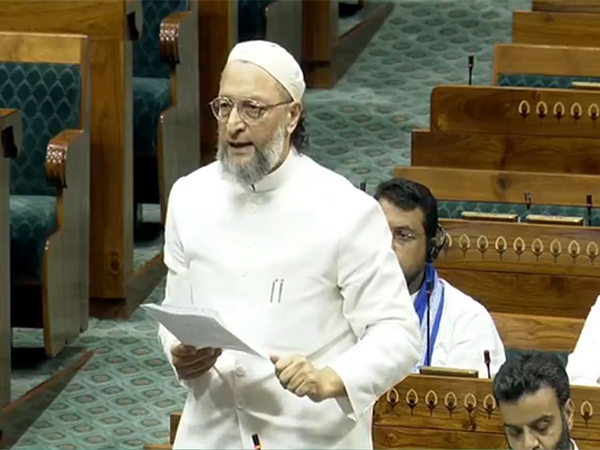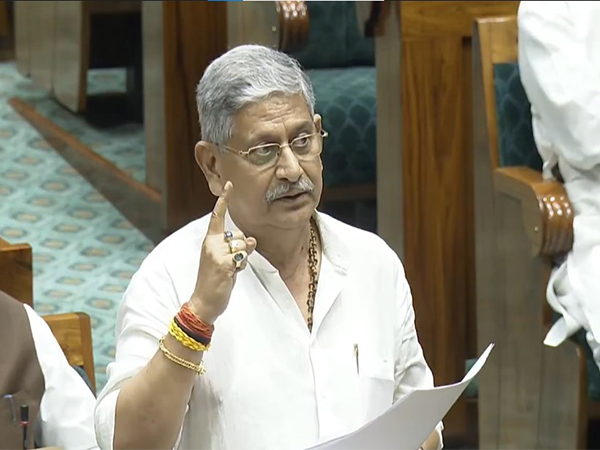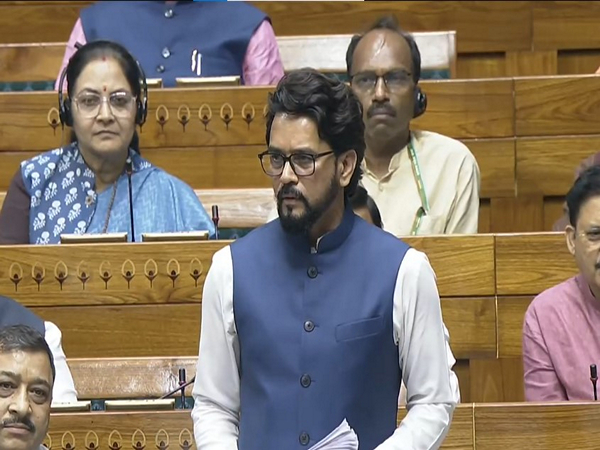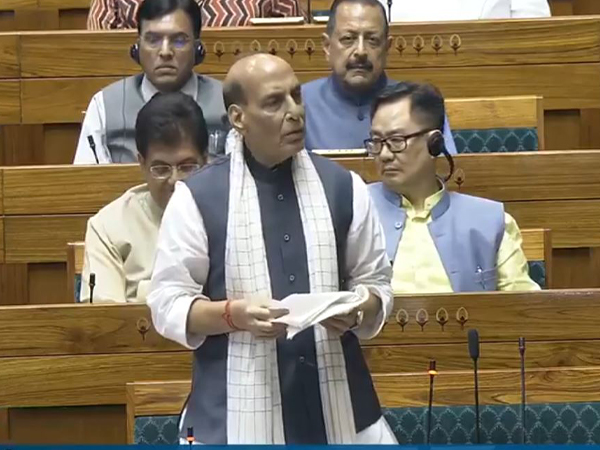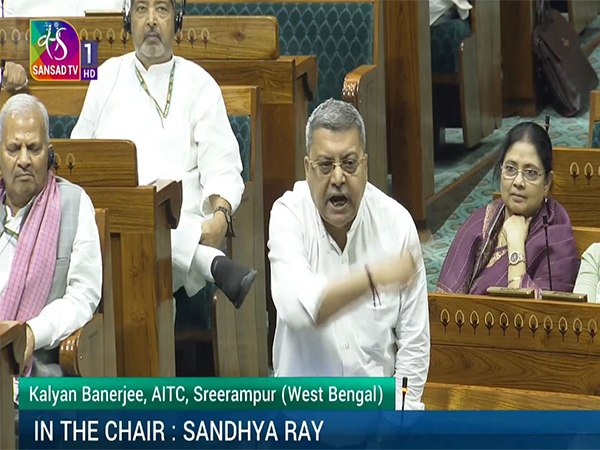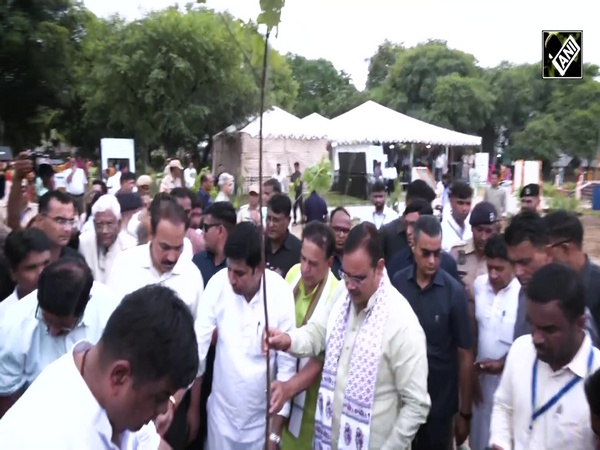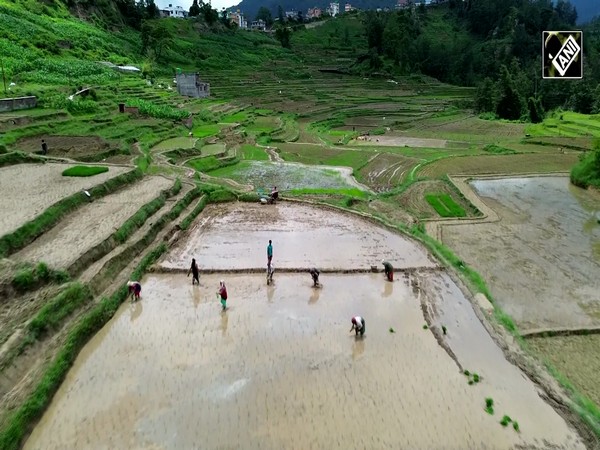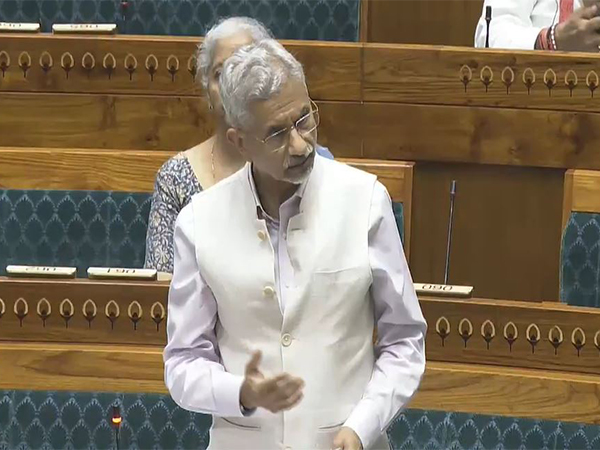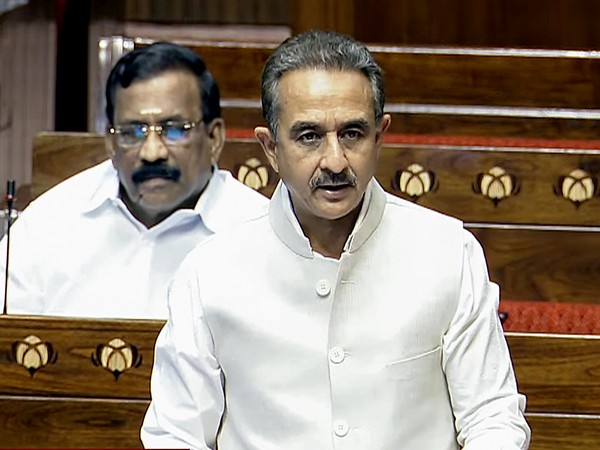
"Forest cover in country increased by 156.41 sq km": MoS Kirti Vardhan Singh in Lok Sabha
Jul 28, 2025
New Delhi [India], July 28 : Union Minister of State Kirti Vardhan Singh on Monday stated that the forest and tree cover in the country have increased by 156.41 square kilometres and 1289.40 square kilometres, respectively.
The Union Minister of State for Environment, Forest and Climate Change, Kirti Vardhan Singh, during a written reply in the Lok Sabha, said that as per the India State of Forest Report-2023 published by the Forest Survey of India, Dehradun, the forest cover and tree cover in the country have increased by 156.41 square kilometres and 1289.40 square kilometres, respectively, as compared to the assessment published in ISFR-2021.
"Protection and management of forests and tree cover are primarily the responsibilities of the State Governments/Union Territory Administrations. There are legal frameworks for the protection and management of forests and tree cover of the country, which include the Indian Forest Act, 1927; the Van (Sanrakshan Evam Samvardhan) Adhiniyam, 1980; the Wild Life (Protection) Act, 1972; the State Forest Acts; the Tree Preservation Acts and Rules made thereunder, "the written reply stated.
It added that the instances regarding the illegal felling of trees, as and when detected, are proceeded against the offenders before the competent Court/ Authorities under relevant acts. The concerned State Governments / Union Territory Administrations maintain the particulars regarding the illegal felling of trees.
The local forest authorities carry out the assessment of the illegally felled trees, and the associated data are maintained in the relevant forest offence registers in accordance with the guidelines prescribed by the concerned State Governments/ Union Territory Administrations.
He further pointed out the important steps taken by the government to stop illegal felling of trees, including regular patrolling in the forest areas by front-line forest staff to prevent the occurrence of any illegal/prohibited activities, establishment of patrolling camps/anti-poaching camps, check posts at strategic and vulnerable locations, deployment of vigilance and flying squad parties, regular inspections in vulnerable areas and implementing Joint Forest Management programs, awareness campaigns, and educational programs to secure the involvement of communities in forest protection activities.


